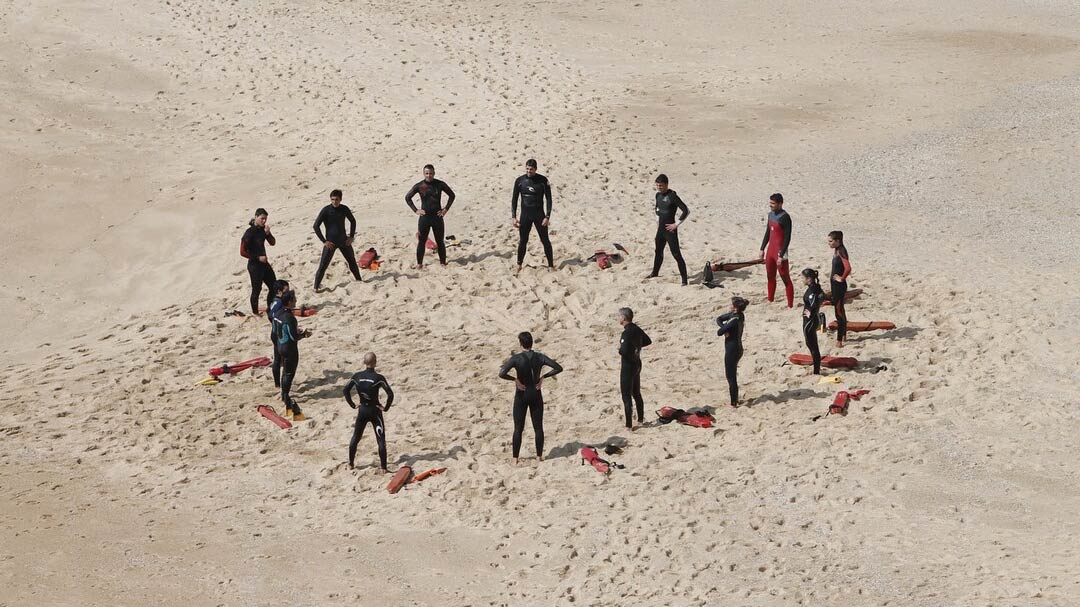Are you being productive – or kidding yourself?

Simon Bird

A few months ago I wrote about hybrid working, and how organisations had better be getting ready. Time has moved on, and I wanted to share the reality, as opposed to the abstract – and think about what leadership means here.
Last week I was in a room – a real physical room(!) – with 12 people, who had been trying to work remotely on a tricky problem about their team structure for months. Progress had been pretty poor to be honest – the subject was tricky, and people were distracted by alerts, emails, and other people – whether they were at home or in the office.
You get the picture.
This time the group sat in a socially distanced circle – looking at each other with coffee in hand. Most put masks on as they moved around the venue. There was some good-humoured chat about how someone was taller than someone had thought -and some joking about how free food will get a lot of people into an off-site meeting. But beyond the social element – and at least as importantly, the group made giant strides through the tricky problem. It wasn’t totally sorted but the nature and different textures in the conversation enabled them to really focus their experience and insight onto the problem in hand. This single day – with people in a room
That’s what I call productivity.
In contrast, another conversation on Teams last week included someone telling me just how much more productive people were being at home. I don’t really buy this anymore. I do buy that people are able to focus on some areas of work and get through the ‘business as usual’ stuff in their inboxes that is distracting them. But too many productivity stories are based around numbers of meetings, people being ‘back-to-back’ and how many emails are flowing through servers. We should be more careful about separating ‘busyness’ from productivity.
Don’t get me wrong, I’m a fan of working from home. I don’t see the point of offices where hundreds of people come to work, put in their earbuds, open their laptops and then go home. Yet the power of the first groups coming together and the progress they made really struck me.
So as organisations fumble around looking for policies that cover as many people as possible, what should individual team/business leaders be thinking about. I’d suggest getting really clear to their people about how and why they will be coming together – or not. Problem solving, collaborating, socialising, innovating and trialling are all great reasons to come together on a Tuesday each week (for example). And the rest of the week – that’s up to you – come in – stay at home – whatever is allowed.
So I have two suggestions – the first is not to forget the power of actually being with other people – we are social animals, even though we don’t always feel like it. And my second suggestion is to catch yourself saying how productive or ‘back-to-back’ you are. And ask yourself whether you really are.